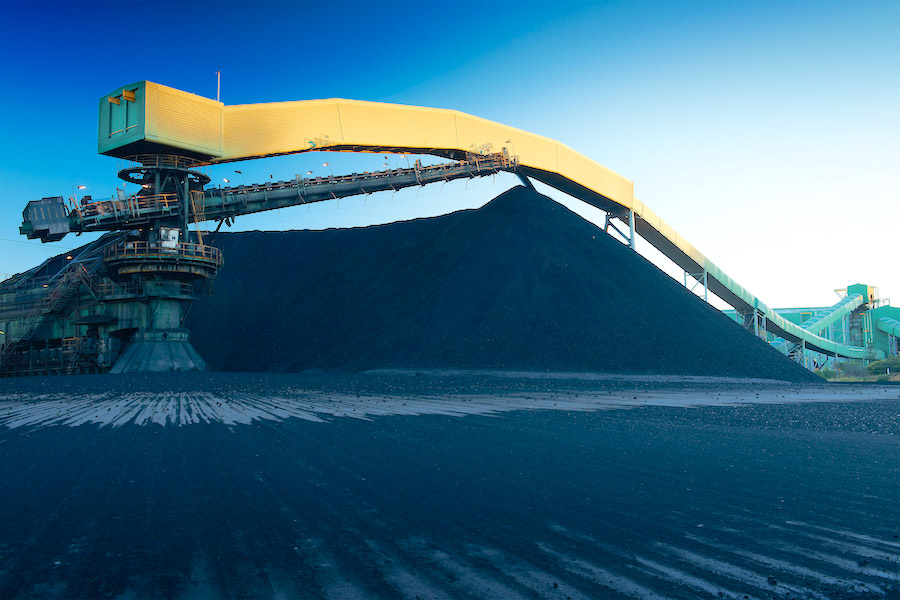Reuters | September 21, 2022 |

Mount Arthur thermal coal mine in Australia. (Image courtesy of BHP.)
Workers at four mines of the BHP Mitsubishi Alliance (BMA), which owns Australia’s largest metallurgical coal fields, will vote on strike action over working conditions and job security, their union said on Wednesday.

The possibility of industrial action at some sites of BHP Group’s joint venture with a unit of Mitsubishi Corp in Australia’s Queensland state comes as prices slump due to weaker steel demand in China.
Coking coal futures on the Dalian Commodity exchange closed at 2,192.5 yuan on Sept. 20, down from a high of 3,741 yuan in March.
“We had 15 months of negotiations with BHP, then another three months of negotiations assisted by the Fair Work Commission, but BHP refuse to do the right thing,” Stephen Smyth, the Mining & Energy Union’s (MEU) Queensland president, said in a statement.
Mitsubishi Development and BHP, one of the world’s biggest miners, did not immediately respond to a request seeking comment.
BMA, owned 50:50 by BHP and Mitsubishi Development, is Australia’s largest producer and supplier of seaborne metallurgical coal. The alliance operates seven mines in central Queensland’s Bowen Basin as well as the Hay Point Coal Terminal.
Smyth said the union will fight to protect permanent jobs after a steady decline over the last decade. Talks have not reached the point of discussing wage hikes as the focus was on working conditions, especially on job security, he said.
The union filed an application to strike with Australia’s workplace regulator on Monday but a date has not yet been set for the vote, a union spokesperson said in an emailed response.
More than 2,000 workers across four of BMA’s seven mines come under the current employment agreement, the union said.
BHP’s Queensland coal operations, which also include two mines operated by the miner independently, produced 41 million tonnes of steel-making coal in fiscal 2021. This is roughly 4% of the global total, data from the International Energy Agency showed.
(By Lewis Jackson and Renju Jose; Editing by Richard Pullin)
No comments:
Post a Comment